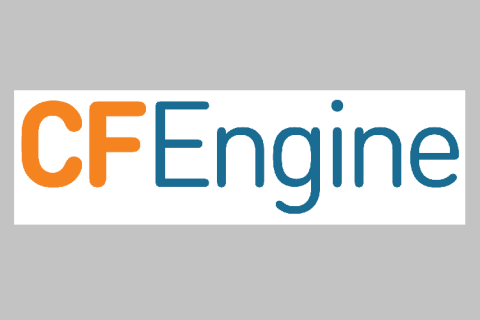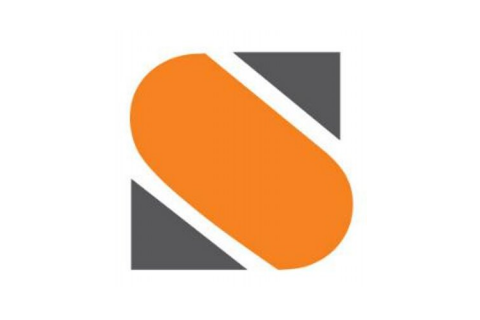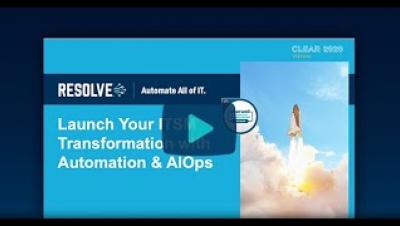Operations | Monitoring | ITSM | DevOps | Cloud
Automation
How to implement CFEngine Custom Promise Types in Python
This tutorial focuses on how to write a promise module, implementing a new CFEngine promise type. It assumes you already know how to install promise modules and use custom promise types, as shown in the previous blog post.
Why you should take the 2020 Puppet user survey
We want to hear directly from you about your experience using Puppet products so we can ensure our portfolio rises to the demand of our customers. Take this survey to share your expertise with us. At Puppet, we’re dedicated to innovating the most modern, easy-to-use, secure and compliant products for our customers to ensure practitioners can simplify their workflows and enterprises can meet their business goals. Your input is extraordinarily valuable to us.
Puppet's journey into Continuous Compliance
During my tenure at Puppet, I’ve learned that almost everything we do is focused on two things — eliminating soul-crushing work, and the never-ending desire to solve really hard customer problems. Couple those with the positive and energetic attitude of the Puppet team, and we’re bound to have a profound impact on our customers. Maybe I’ve had too much Kool-Aid?
Introducing CFEngine Custom Promise Types
In CFEngine 3.17, custom promise types were introduced. This allows you to extend policy language, managing resources which don’t have built in promise types. The implementation of custom promise types is open source, and available in both CFEngine Enterprise and CFEngine Community. To implement a new custom promise type, you need a promise module.
DataDog and Puppet: Sending facts as tags for metrics and events
Tags are pieces of metadata in Datadog that are key to correlating data from various sources.
StackStorm project updates: Autumn 2020
Hello Automation folks! We would like to quickly update StackStorm community about the project progress, releases, plans and roadmap. Here is the overview.
Solving financial services regulatory challenges in Australia with Puppet
The recent record-breaking fine of $1.3 billion for money-laundering breaches exposed the dangers of poor systems in the banking industry. Now is the time to get compliance right. In my role, I regularly speak with FS&I clients about their security and compliance challenges, including vulnerability remediation. It’s a complex topic with many pieces that must coalesce to create a holistic solution.
Launch Your ITSM Transformation with Automation & AIOps
Your lookback at Puppetize Digital 2020
That’s a wrap on Puppetize Digital 2020! Our first-ever virtual conference series attracted attendees from all over the world and brought the Puppet community together despite the pandemic’s attempt to keep us apart. With three events happening across three regions — Asia Pacific, Europe, and the Americas — all on the same day, there was something for every one of our users, customers, and partners. Let’s take a spin through the event highlights.










